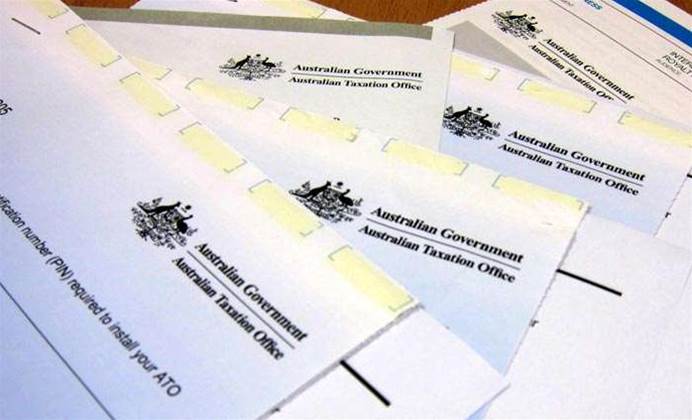The European Commission has opened three in-depth investigations into tax decisions affecting Apple as well as Starbucks and Fiat in Ireland, the Netherlands and Luxembourg respectively.

The probes focus on whether decisions by authorities in the three European Union member states about corporate tax to be paid by the three companies comply with state aid rules.
Corporate tax avoidance has risen to the top of the international political agenda in recent years amid reports of how companies like Apple and Google use convoluted structures to slash their tax bills.
The EU said its investigation follows reports some companies have received significant tax reductions through rulings by national authorities.
Apple said it has not received any selective tax treatment from the Irish authorities, while the Irish government said it was confident that it has not breached state aid rules will defend its position vigorously.
Fiat declined to comment and Starbucks was not immediately available for comment.
A US Senate probe last year revealed that Apple had sheltered tens of billions of dollars in profits from tax by using Irish companies that had no tax residence anywhere.
Apple in the United States entered into deals with the Irish subsidiaries whereby the Irish units received the rights to certain intellectual property that were subsequently licensed to other group companies, helping ensure almost no tax was reported in countries such as Britain or France.
Apple's Irish arrangement helped it achieve an effective tax rate of just 3.7 percent on its non-US income last year, its annual report shows – a fraction of the prevailing rates in its main overseas markets.
Tax rulings are used in particular to confirm transfer pricing arrangements, covering prices charged for transactions between various parts of the same group of companies.
The Group of 20 leading nations has launched a drive to develop new rules to tackle abusive transfer pricing and other forms of corporate profit shifting.
In Australia, the former Labor Government introduced new legislation which allows the tax filings of companies bringing in over $100 million annually to be made public - a direct response to growing concern about the use of complicated tax structures by the likes of Apple and Google to limit the amount of tax paid in higher-taxing countries such as Australia.
Apple also came under investigation by the Italian government late last year for allegedly hiding €1 billion (AUD$1.4 billion) from the local tax authority and lowering its taxable income by booking some of profits through its Irish-based subsidiary Apple Sales International.
ASI contracts with companies to manufacture iPads and iPhones, and sells the products to another Irish company which resells them to retail subsidiaries in Italy and other European countries.
The pricing of the inter-company transactions ensures that the lion's share of the profit ends up with ASI.
Countries usually consider companies registered on their territory to be tax resident there but Irish law allows ASI to be tax resident nowhere, meaning its profits go untaxed.


_(33).jpg&h=140&w=231&c=1&s=0)
_(23).jpg&h=140&w=231&c=1&s=0)
_(28).jpg&h=140&w=231&c=1&s=0)






 iTnews Executive Retreat - Security Leaders Edition
iTnews Executive Retreat - Security Leaders Edition
 iTnews Benchmark Awards 2026
iTnews Benchmark Awards 2026
 iTnews Cloud Covered Breakfast Summit
iTnews Cloud Covered Breakfast Summit
 The 2026 iAwards
The 2026 iAwards












_(1).jpg&h=140&w=231&c=1&s=0)



